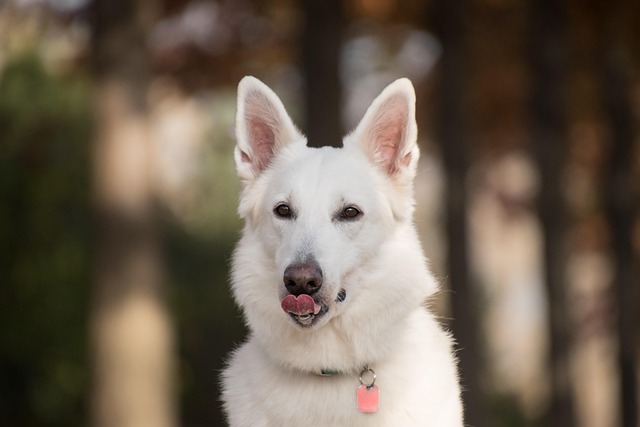
how to help senior dog with weak back legs
Watching your senior dog struggle to stand up, climb stairs, or even walk across the room because of weak back legs is heart-wrenching.
Finding your dog gnawing at their paws until they’re raw or catching a whiff of a musty odor from their ears is a clear sign something’s off—and yeast infections are often the culprit. As a new owner, it’s tempting to reach for familiar snacks or home remedies, but many common choices can actually feed the yeast and make their discomfort worse. Knowing exactly what to avoid is key to helping them heal, because yeast thrives on specific triggers that are easy to overlook in daily care.
Yeast (usually Malassezia or Candida) is a naturally occurring fungus, but it overgrows when there’s excess sugar, moisture, or irritation. The biggest mistake? Feeding high-sugar foods that act like fertilizer for yeast. Skip table scraps like bread, cookies, or leftover pasta—even a bite of your sandwich can spike their glucose levels. Avoid sweetened dog treats, too; opt for unsweetened options like freeze-dried liver instead. Dairy products like milk or flavored yogurt are another no-no, since lactose breaks down into sugar. Even some “healthy” fruits, like bananas or grapes (which are toxic to dogs anyway), are too high in natural sugars—stick to tiny amounts of blueberries if you want to spoil them. Certain dog foods with corn, wheat, or soy can also fuel yeast, as these grains convert to sugar during digestion.

Grooming products matter too. Steer clear of shampoos with artificial fragrances or harsh chemicals—they irritate sensitive skin and disrupt its natural barrier, making it easier for yeast to spread. Never use human shampoo on your pup; grab a vet-recommended antifungal shampoo instead. For ear yeast infections, don’t stick cotton swabs deep into their ears—this pushes debris further in and risks damage. Instead, use a vet-approved ear cleaner and gently wipe the outer ear with a cotton ball. And never scold your dog for scratching—punishment increases stress, which weakens their immune system and worsens infections, violating U.S. animal welfare norms.
Apartment dwellers should keep paws dry after walks (wipe them with a towel in wet weather) and avoid damp bedding that traps moisture. When outside, always carry biodegradable poop bags—fines for not cleaning up hit $250 in Chicago—and ensure their rabies and distemper vaccines are up to date (a strong immune system fights yeast better). If the infection lingers, see your vet—they may prescribe antifungal meds. By avoiding these triggers, you’ll starve the yeast and get your pup back to scratching less and playing more.

Watching your senior dog struggle to stand up, climb stairs, or even walk across the room because of weak back legs is heart-wrenching.

Seeing your once-bouncy pup slow down, sleep more, or struggle to jump on the couch can tug at your heartstrings—but caring for an older dog

You open the door after a walk, and your pup bolts inside—leaving muddy paw prints all over your apartment floor.

Finding a tick crawling on your dog but not yet latched can make your heart race—even if it hasn’t bitten yet, those tiny pests carry risks like Lyme disease.

Standing in the pet store staring at rows of dog food labels can feel overwhelming—especially when you’re looking for the right fit for your tiny adult Chihuahua, Yorkie

You’ve had your tiny Yorkie or Shih Tzu since they were a wiggly puppy, and now you’re wondering: When do they become a “senior”? Many new U.S.